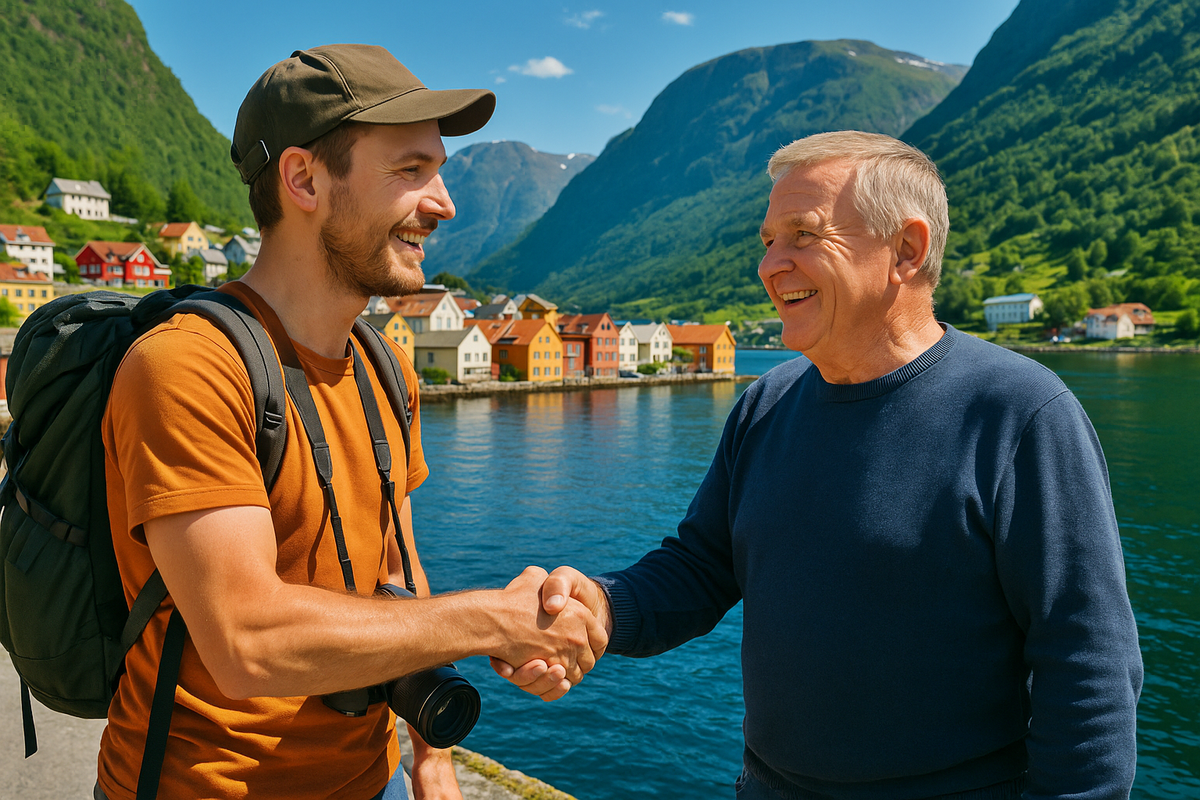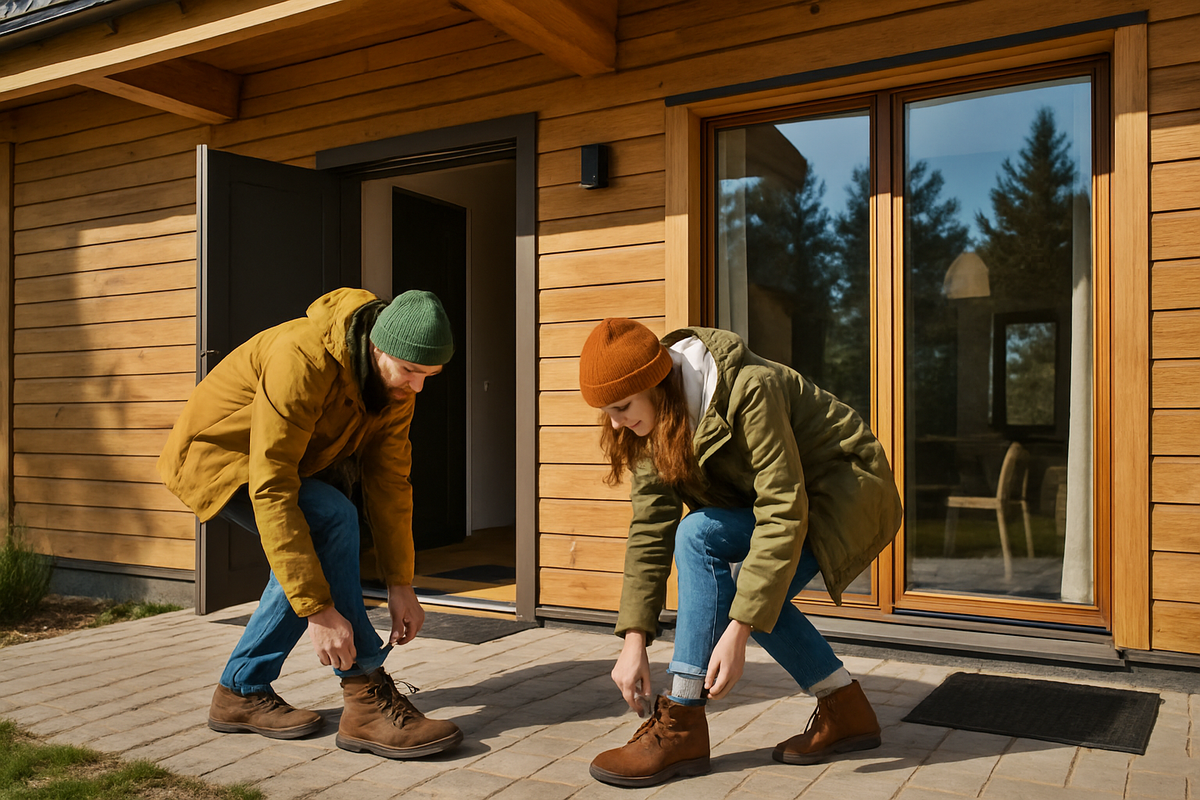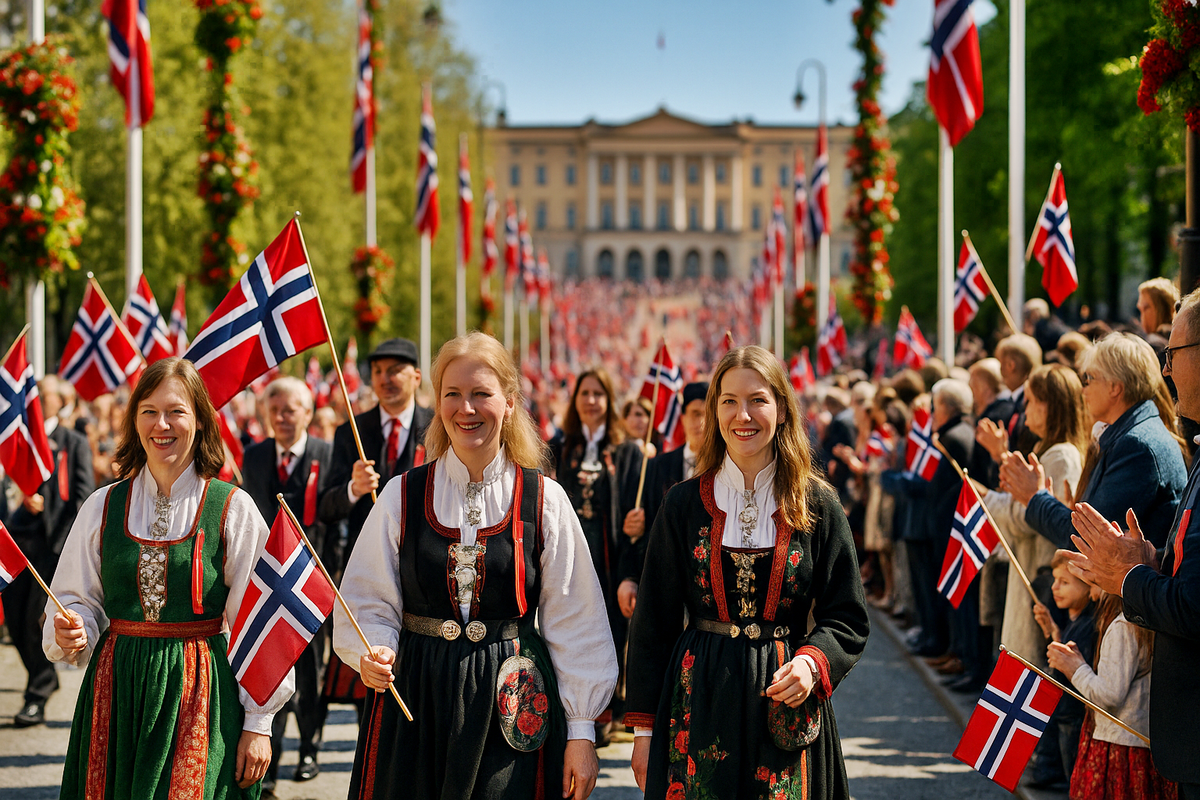🤝 Rules of conduct for tourists in Norway: how to avoid awkward situations
Norway is a country where rules of conduct and respect for others are considered no less important than beautiful nature and a high standard of living. Tourists who are aware of these nuances feel as comfortable as possible here and avoid awkward situations. In this article, we will tell you in detail about the most important rules of conduct in Norway, answer the 10 most frequently asked questions from travellers, and provide useful links to sections of the blog: ‘Etiquette and Janteloven’, ‘Safety, sustainable tourism and accessibility’, ‘Culture, history and traditions’, ‘Useful tips for travellers’.

❓10 FAQs about rules of conduct in Norway
1. How to behave respectfully in nature in Norway?
Respect for nature is a fundamental rule for Norwegians. If you are spending time in nature, it is important to follow simple but strict rules: do not leave litter behind, do not light fires in unauthorised places (especially between 15 April and 15 September), do not make noise and avoid damaging plants and animals. Allemannsretten, the law of free access, gives tourists many opportunities, but also imposes responsibilities. For example, tents may not be pitched closer than 150 metres from private homes, food may not be left out in the open to attract animals, and it is not recommended to disturb the peace after 10 p.m. For more information on rules of conduct in nature, see the section ‘Safety, sustainable tourism and accessibility’.
2. How do people greet each other and communicate in Norway?
Norwegians are friendly but reserved people. The most common way to greet someone is with a simple handshake and a brief greeting: ‘Hei!’ (“hello”) or ‘God dag!’ (‘good day’). When meeting close friends, hugs are acceptable, but kisses on the cheek are rarely used. Norwegians value personal space, so keep your distance when talking (about one metre). In public places, such as cafes or on public transport, it is customary to speak quietly without attracting the attention of those around you. Start the conversation with neutral topics: the weather, travel, nature. It is best not to ask personal questions (about income, family, health) until you get to know each other better. Read more about communication etiquette in the section ‘Etiquette and Janteloven’.
3. Do you have to take your shoes off when entering a house in Norway?
Yes, in Norway it is customary to take off your shoes when entering any private house or apartment. This is done out of respect for the hosts and to keep the place clean. Usually, there is a special mat or place to put your shoes at the entrance to houses.
If you are unsure, it is best to follow the example of the hosts or ask directly if you need to take off your shoes. This rule does not apply in hotels and public places. Read about other everyday traditions and rules in the section ‘Etiquette and Janteloven’.

4. Are there any special rules of conduct at the table in Norway?
Norwegians behave calmly and neatly at the table. They rarely start eating before all guests have been served. During meals, it is customary to use a knife and fork at the same time, even for sandwiches. Guests are expected to thank their hosts for the meal with the phrase ‘Takk for maten!’ (‘Thank you for the food!’). In restaurants, it is also important to be quiet and behave in a moderate and reserved manner. Tipping is not mandatory, but it is customary to round up the bill if you enjoyed the service. For more information about culture and gastronomic traditions, see the section ‘Cuisine and gastronomy’.
5. What topics are best avoided when talking to Norwegians?
Norwegians avoid discussing overly personal topics when meeting someone for the first time. These topics include politics, religion, income, personal life and health. It is better to start a conversation with neutral and pleasant topics such as nature, weather, travel, sports and culture. If a local resident starts talking about personal matters, you can respond, but be careful and avoid intrusive questions. We discuss the Norwegian mentality in more detail in the section ‘Etiquette and Janteloven’.
6. Can I take photos of people in Norway without permission?
Taking photos of people without permission in Norway is considered rude, especially if it is a close-up or involves children. It is always best to ask for permission before taking a photo. Norwegians are usually happy to have their photo taken, but they may refuse, and this should be respected.
It is prohibited to take pictures of people in their personal space (at home, on private property). By following these rules, you will show respect and avoid conflicts. Useful tips for photographers can be found in the section ‘Useful tips for tourists’.
7. How do Norwegians feel about smoking in public places?
Smoking in public places in Norway is strictly restricted by law. Smoking is prohibited inside cafes, restaurants, bars, public transport stops, hotels and other public places.
Smoking is only allowed in specially designated areas on the street. Violation of the law may result in a fine. If you smoke, always check with the staff to find out where the smoking area is located. For more information on rules and restrictions, see the section ‘Safety, sustainable tourism and accessibility’.
8. What is Janteloven and how does it affect the behaviour of Norwegians?
Janteloven (‘Jante's Law’) is a cultural phenomenon in Norway and other Scandinavian countries that promotes modesty and the rejection of excessive self-promotion. It means not considering yourself better than others and avoiding boasting.
Tourists should keep this in mind: excessive displays of wealth or success are frowned upon. For more information about Janteloven and how it manifests itself, see the section ‘Etiquette and Janteloven’.
9. How should I behave on Norway's national holiday (17 May)?
Norway's national day, 17 May, is a day of joy and pride for the country. Tourists are encouraged to join in the celebrations and show respect for national symbols and traditions. You can wear festive clothing and take part in parades and festivities. For more information about holidays, see the section ‘Culture, history and traditions’.

10. Can I walk freely on private property?
Yes, the Allemannsretten law allows you to walk on private land as long as you stay at least 150 metres away from houses and do not damage property. For more information, see the section on ‘Safety, sustainable tourism and accessibility’.
Knowing the rules of conduct will help you fit into Norwegian life comfortably and easily, making your trip even more enjoyable and full of positive experiences!





1 comment
Log in to leave a comment